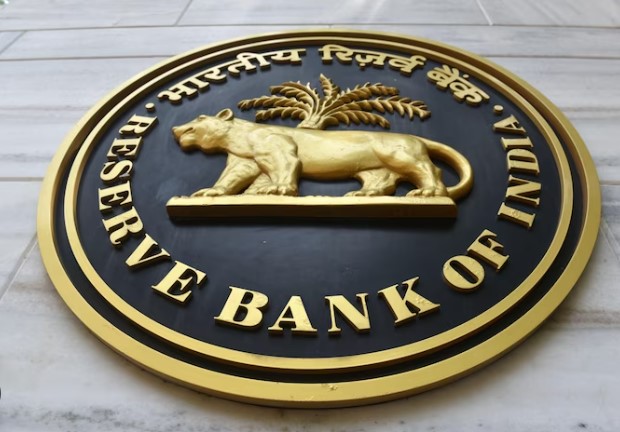
JM Financial (JMFL) is an Indian financial services firm with offices all throughout the country.Even though the group’s domestic activities in India account for the majority of its business, it also has branches abroad in Ebene, Singapore, New Jersey, and Dubai.With its headquarters located in Mumbai, JM Financial (JMFL) is an Indian financial services firm with offices all throughout the country. Even though the group’s domestic activities in India account for the majority of its business, it also has branches abroad in Ebene, Singapore, New Jersey, and Dubai.

It became a publicly traded corporate group in 1991 when it debuted on the Bombay Stock Exchange. In 2006, it maintained a secondary listing on the National Stock Exchange of India. Beyond stock broking, the organisation ventured into asset management in 1994, real estate investing in 2007, distressed credit in 2008, private equity in 2006, and mortgage lending in 2017.
JM Financial and Morgan Stanley established JM Morgan Stanley as a joint venture in India in 1999. The JM Morgan Stanley Joint Venture arrangement came to an end, as stated by Morgan Stanley in February 2007. It sold JM Financial its 49% interest in the investment banking division and bought JM Financial’s 49% stock in the institutional brokerage division.

MUMBAI, INDIA: Following its recent crackdowns on Paytm Payments Bank Ltd and IIFL Finance Ltd, the Reserve Bank of India has prohibited JM Financial Products Ltd from making loans against shares and debentures, alleging regulatory and governance failures. “The regulator stated that this action is necessary as a result of some significant flaws found in loans approved by the company for IPO funding and (non-convertible debenture) subscriptions.” “In addition to breaching regulatory guidelines, the company has significant governance concerns that, in our opinion, are detrimental to the interests of the customers,” stated RBI.
Based on evidence provided by the Securities and Exchange Board of India, the regulator said it had performed a cursory examination of JM Financial’s records and discovered the business had often assisted a group of clients in utilising borrowed funds to bid on numerous initial public offers (IPOs) and non-conventional debt offerings.
According to the regulator, financing was provided against pitiful margins and credit underwriting was determined to be ineffective.
“From an overall perspective, the RBI’s actions appear to indicate a crackdown on the unrelenting inflow of capital into the stock market, resulting in excessive bubbles forming in micro-, small-, and some midcap stocks,” stated a fund manager, who requested to remain anonymous. The fund manager cited an increase in the risk weight of unsecured retail loans disbursed by banks and non-banking financial institutions.
RBI claims that JM Financial used customer-provided power of attorney and master agreements to process subscription, demat, and bank account applications without the consumers’ knowledge or consent.
As a result, the business was in a position to function as both a lender and a borrower. The business operated the aforementioned bank accounts using the POA and coordinated the establishment of the bank accounts, according to RBI.
The regulator stated that when JM Financial completes a thorough audit and fixes any operational shortcomings, it would reevaluate its business limits. In the meanwhile, JM Financial can carry on with its current loan accounts by following the standard procedures for collection and recovery.
At the end of December, JM Financial’s capital market loan book was valued at ₹978 crore, or around 6% of its total loan book, which was valued at ₹15,111 crore.
Following the discovery of certain significant supervisory issues in the company’s gold loan portfolio, the central bank requested on March 4th that IIFL Finance cease authorising and paying out gold loans.
The NBFC made an effort to reassure investors on Tuesday that there had been no ethical or governance transgressions and that the business was responding to the RBI’s concerns with “immediate and comprehensive steps.”
Paytm Payments Bank was subject to business limitations by the RBI on January 31st. These included a prohibition on taking on new credit transactions and deposits beyond February 29th. The deadline was extended to March 15th on February 16th.
JM Financial’s shares ended Tuesday’s trading session on the BSE 2% lower at ₹95.53 a share.






